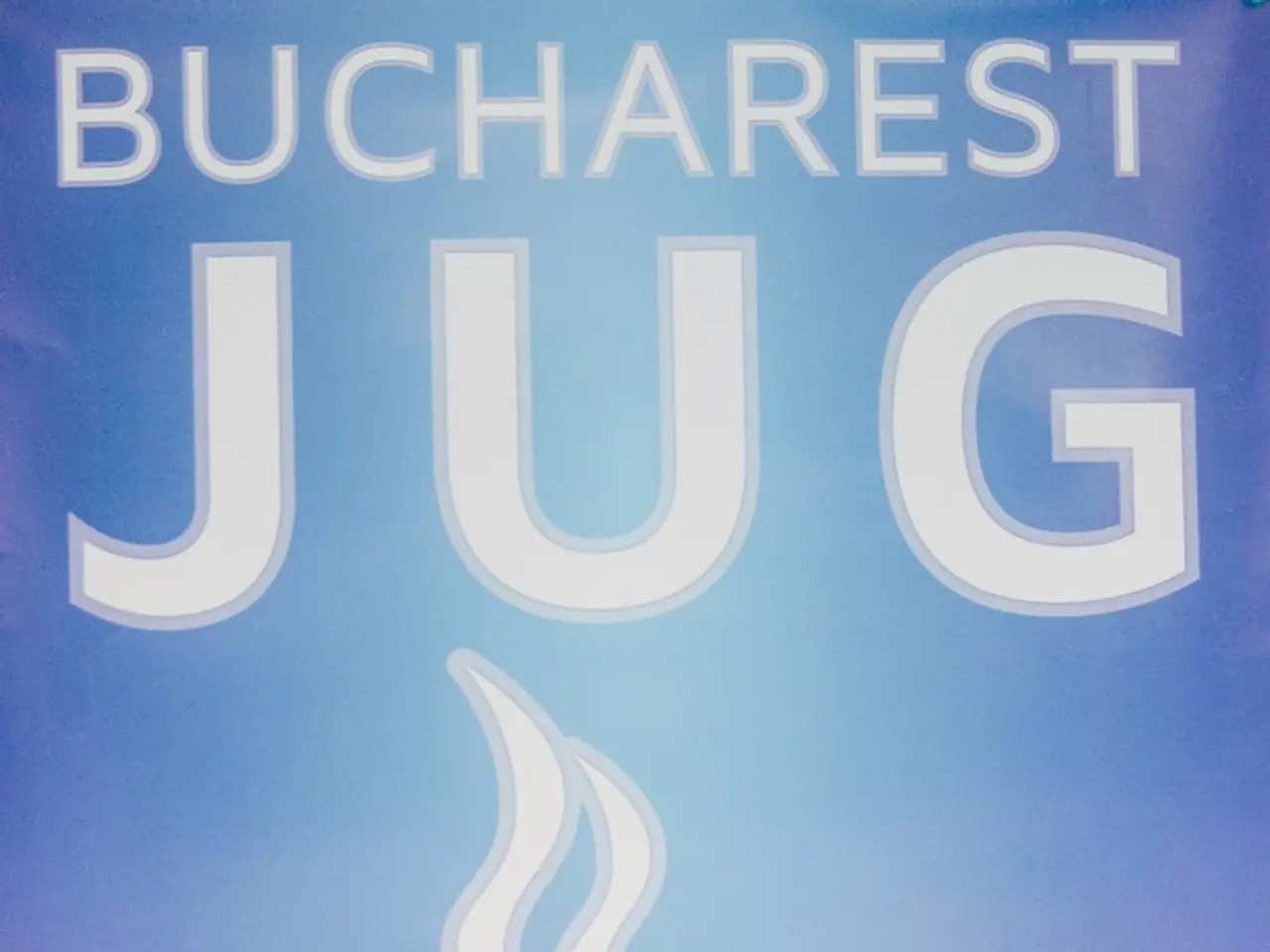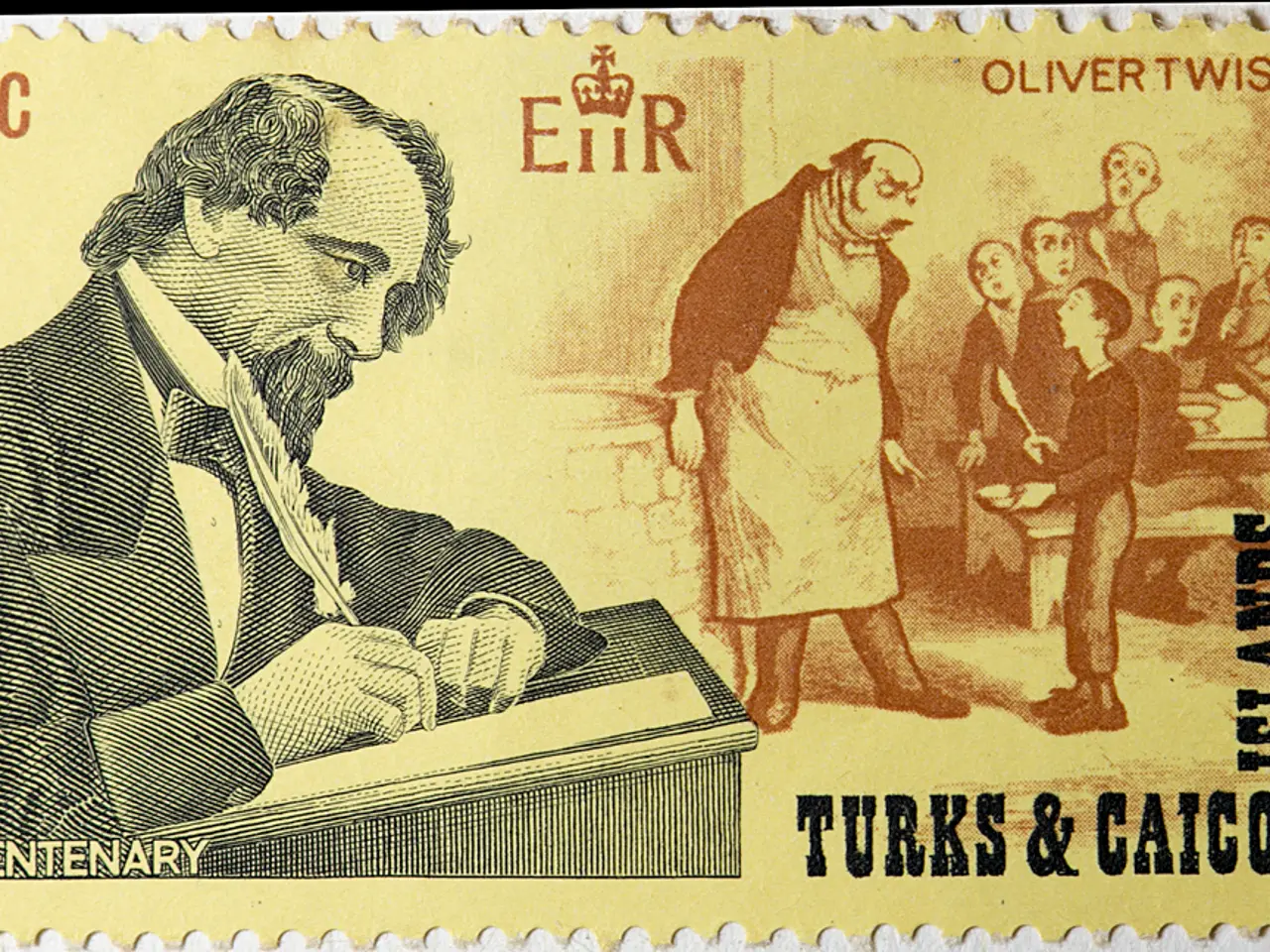Rising inquiries about inheritance tax insurance, but is its value justified?
In the wake of Rachel Reeves' recent Budget reforms, many family businesses and wealthy estates in the UK are facing significant tax liabilities, particularly with regards to inheritance tax (IHT). The changes, effective from April 2026, will impact business property relief (BPR) and agricultural property relief (APR), previously allowing many family businesses and agricultural estates to avoid or reduce IHT.
Under the new rules, the first £1 million of qualifying assets will remain exempt, but amounts above this threshold will face a 20% tax rate due to a cap on reliefs, effectively reducing the relief from 100% to 50% on assets beyond £1 million. This shift means many family-run firms that were once fully protected from IHT now face substantial tax bills, leading some to consider drastic measures such as selling parts of their businesses to pay the increased tax bills.
The changes also extend to individuals with large estates or significant companies previously exempt under modifications to agricultural and business property reliefs, making more estates liable for inheritance tax after exceeding the £1 million threshold. These reforms coincide with broader tax policy shifts, including tightening of non-domiciled (non-dom) tax status rules, which will subject long-term UK residents to tax on worldwide income and gains, adding a further layer of tax pressure on wealthy individuals.
Given the increased inheritance tax burden, there is an increased motivation for individuals and families to seek financial solutions to cover anticipated tax liabilities. Whole of life insurance is commonly used as a financial planning tool to cover inheritance tax bills. The guaranteed payout of these policies, payable upon death, provides beneficiaries with liquidity to settle IHT without having to sell off business assets or properties under distress.
The rise in demand for such insurance products is evident. Wealth manager Quilter saw an almost 200% increase in the number of lifestyle trusts opened for IHT planning in 2024 compared to 2023, with uptake in 2025 already on track to far surpass this level. Financial advisers advise clients who take out a life insurance policy to cover inheritance tax to make sure the policy is written in trust, as this ensures the proceeds of the policy can be paid directly to the intended beneficiaries, avoiding inheritance tax.
The cost of a whole of life policy to cover a £1m inheritance tax bill for a 60-year-old from Vitality is £1,064.46, while the cost for a 60-year-old from Zurich is £1,409.63. For a 60-year-old taking out a policy to pay a £1m inheritance tax bill, the cost is approximately £1,400 a month. However, for a 60-year-old seeking to cover a £300,000 inheritance tax bill, the cost is much more manageable at around £1,000 a month.
On the other hand, for older policyholders, the cost can be significantly higher. For instance, the cost of a whole of life policy at age 70 to cover a £300,000 inheritance tax bill is nearly £5,000 a month, while the cost of a whole of life policy to cover a £5m inheritance tax bill for a 60-year-old from Vitality is £5,322.28, and from L&G is £7,202.00.
In conclusion, Rachel Reeves' Budget reforms have created financial pressure on family businesses and wealthy estates, compelling many to consider whole of life insurance to cover potential inheritance tax bills and safeguard their assets from forced sales or fragmentation due to tax obligations. As the demand for such policies increases, it is advisable for those seeking to cover inheritance tax to consult with a financial adviser and ensure the policy is written in trust.
[1] HM Revenue & Customs (2022). Business property relief. Retrieved from https://www.gov.uk/business-property-relief [2] The Telegraph (2022). Family firms face 'fire sale' as inheritance tax reforms bite. Retrieved from https://www.telegraph.co.uk/business/2022/10/27/family-firms-face-fire-sale-inheritance-tax-reforms-bite/ [3] The Guardian (2022). Rachel Reeves' inheritance tax reforms: who will be affected? Retrieved from https://www.theguardian.com/money/2022/mar/23/rachel-reeves-inheritance-tax-reforms-who-will-be-affected [4] The Times (2022). Rachel Reeves' inheritance tax reforms: who will be affected? Retrieved from https://www.thetimes.co.uk/article/rachel-reeves-inheritance-tax-reforms-who-will-be-affected-2n63m2jw8
In light of the changes to inheritance tax (IHT) due to Rachel Reeves' Budget reforms, some family businesses might opt to use their financial resources, such as dividends, to purchase whole of life insurance policies, ensuring liquidity for settling IHT without having to sell off property or pensions. This shift in tax policy could potentially increase the demand for pension-related investments as a means of covering anticipated IHT liabilities.
Given the rising tax obligations for individuals with large estates or significant businesses, it may become essential for these individuals to explore diverse investment strategies, such as allocating funds towards shares and stocks in order to generate steady income streams and bolster their overall financial position to cater to potential IHT bills. With the increased focus on inheritance tax planning, financial advisers will likely find themselves providing guidance not only on whole of life insurance but also on investing in various financial instruments like pensions, dividends, and businesses to accommodate the needs of their clients facing IHT liabilities.






